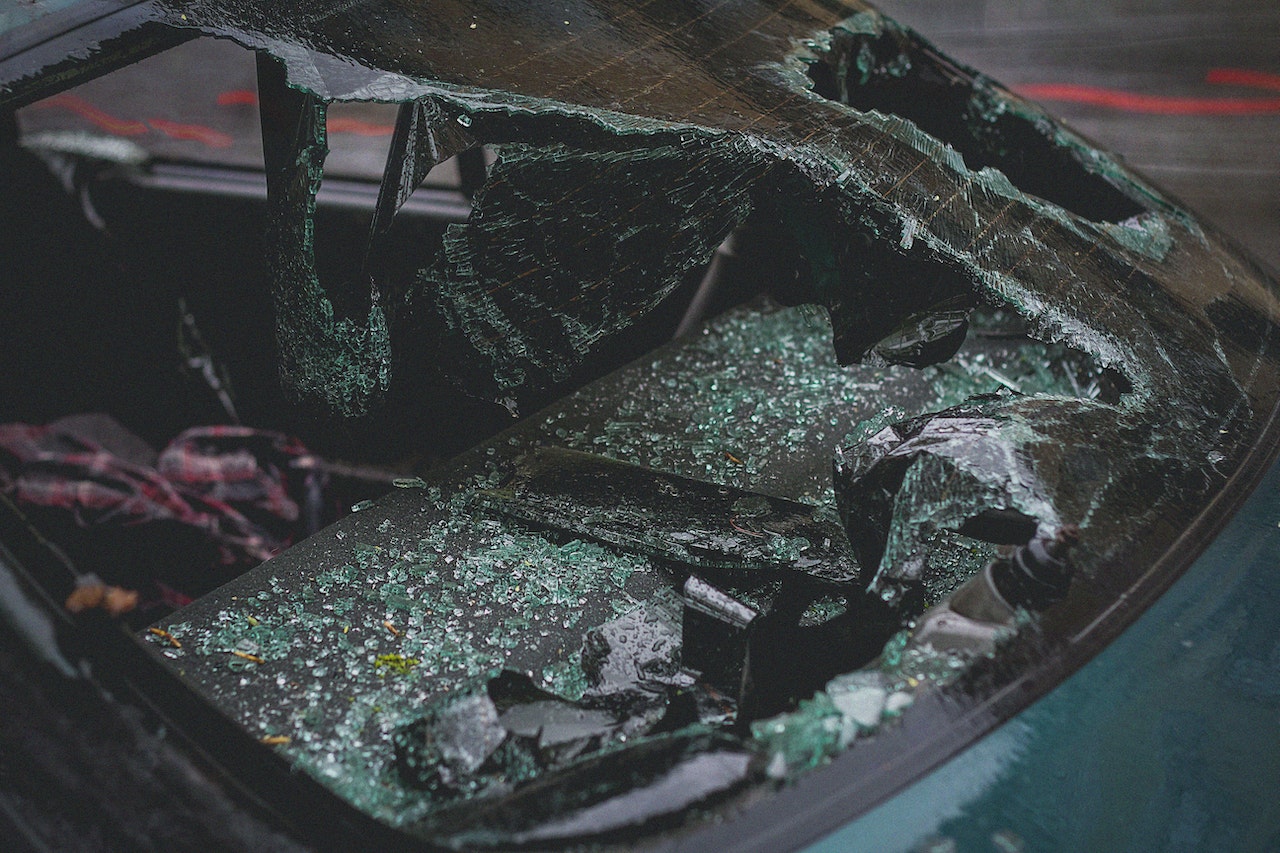When it comes to driving, accidents are an unfortunate reality that most of us have to deal with at some point in our lives. Whether it’s a minor fender bender or a more serious collision, accidents can have long-lasting consequences. One of the questions that often comes up after an accident is, “How long does an accident stay on your record?” In this article, we will delve into this important topic and provide you with a clear understanding of how accidents can impact your driving record and insurance rates.
What is a Driving Record?
Your driving record is a comprehensive document that keeps track of your driving history. It includes information about your traffic violations, accidents, license suspensions, and other relevant details. This record is maintained by your state’s Department of Motor Vehicles (DMV) or a similar agency.
Why is Your Driving Record Important?
Your driving record plays a crucial role in determining your driving privileges and insurance rates. Insurance companies and employers often review your driving record to assess your risk level. Therefore, it’s essential to understand how accidents can affect this record.
How Long Does an Accident Stay on Your Record?
The Duration Varies by State
The duration for which an accident stays on your driving record can vary from state to state. In most states, accidents generally stay on your record for three to five years. However, some states may keep them on record for a more extended period.
Severity Matters
The severity of the accident can also influence how long it remains on your record. Minor accidents, such as small fender benders, may stay on your record for a shorter duration than more serious accidents, like those resulting in injuries or fatalities.
Impact on Insurance Rates
Insurance Premiums May Increase
Accidents on your driving record can lead to an increase in your insurance premiums. Insurance companies consider accidents as a sign of higher risk, and they may charge you more for coverage.
Shopping for New Insurance
If your current insurance provider raises your rates after an accident, you might consider shopping for new insurance. Some insurers specialize in providing coverage for drivers with accidents on their records, and you may find a more affordable option.
How to Improve Your Record
Defensive Driving Courses
Taking defensive driving courses can help improve your driving skills and demonstrate to insurers that you are committed to safe driving. Some insurance companies may even offer discounts to drivers who complete these courses.
Safe Driving Habits
Consistently practicing safe driving habits, such as obeying traffic laws, avoiding distractions, and never driving under the influence, can help prevent future accidents and improve your driving record.
In conclusion, accidents can stay on your driving record for several years, impacting your insurance rates and driving privileges. However, the duration varies by state and the severity of the accident. To mitigate the consequences of an accident on your record, consider defensive driving courses and adopting safe driving habits.
FAQs
Can I remove an accident from my driving record?
Unfortunately, you cannot remove an accident from your driving record. It will stay on your record for the specified duration.
Do all accidents affect insurance rates equally?
No, the impact on insurance rates depends on the severity of the accident and your insurance provider’s policies.
Will an accident on my record affect my ability to get a job?
In some cases, yes. Certain employers may check your driving record as part of their hiring process, especially if the job involves driving.
How can I check my driving record?
You can typically request a copy of your driving record from your state’s DMV or a similar agency. There may be a small fee involved.
Is it worth taking defensive driving courses after an accident?
Yes, taking defensive driving courses can not only improve your driving skills but also potentially lead to lower insurance premiums, making it a worthwhile investment.
